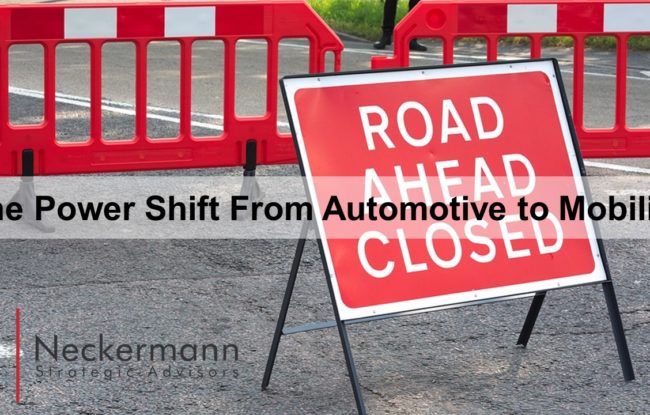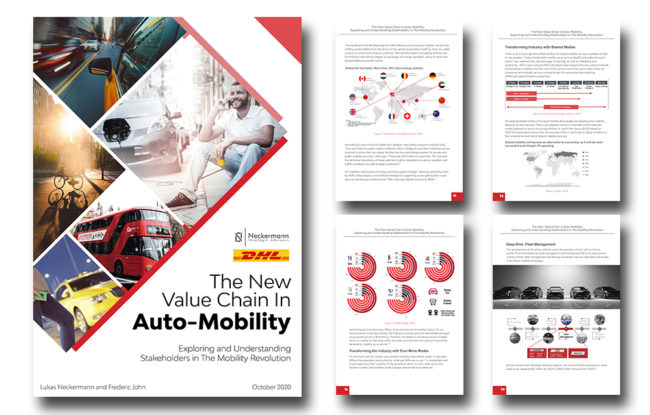I’ve said it before, the age of “default car” is dead. Urban-dwellers and millennials are choosing apps over steering wheels. Citymapper, Moovel, Moovit, Ally App, Quixxit and others have made directed, multi-mode transport within cities a reality. They are illustrating that rejecting car-ownership is not only possible, but preferable. Whim in Finland (https://maas.global) makes it even easier; like your mobile-phone contract, they are offering an “all inclusive” flat-rate mobility subscription, making Helsinki’s aim to eliminate car ownership by 2025 very achievable.
Mobility-as-a-Service business models (MaaS, as they are known) will become central elements of our own, end-to-end travel management. Progressively, these models will begin to move beyond urban transport.
The next step in the transition toward on-demand, multi-modal transport, is national and international travel. Rome to Rio already shows us “How to get anywhere”. For corporate travel managers and individuals alike, the killer-app is one which will allow us to enter an end-point, and it will provide door-to-door multi-mode transport, using a single form of payment. A single mobility card or app that can be used from car to bus, to bike, to ferry, to train, and from city to city: Employers, fleet managers, travel companies, carmakers, public transport bodies, IT companies, financial services companies, and credit card issuers are all competing toward the same goal.
The killer-app for personal transport is one which will allow us to put in an end-point, and it will provide door-to-door, multi-mode transport, global or local, and using a single form of payment.
What might this look like in practice?
Let’s say you want to attend a conference, or a friend’s wedding at “The Red Center” on Main Street in Springfield. A single click on the event website’s “Book travel” button will lead to a chain of automated events, culminating in a finished booking. Your virtual, AI concierge knows your preferences, is fully linked into your calendar, and will summarise for you:
You are pressed for time on the day of departure and traffic is projected to add 28 minutes to road travel until 10:45. An Uber will therefore pick you up at your house at 10:00 and bring you to the high-speed train to the airport, where you will get onto Apple Airways flight 999. In Springfield, you will take autonomous shuttle 367 to your hotel, which has been booked according to your saved preferences and is located opposite The Red Center. There is a local bikeshare service that you can use while you are there; you are preregistered via your Uber login. On the way back you will fly via Didi Airlines (operated by Delta). Since your Calendar says you have enough time, we have pre-booked an UBERpool service from the airport to your office; you will be sharing the trip with George, who is on your meeting-list. We’ve automatically updated your Google Calendar with all timings and booking codes. The total cost will be taken as one payment from your corporate MasterCard. It will appear on your statement as Uber Travel B.V.
Now, why were are we still spending so much time on transport bookings?



